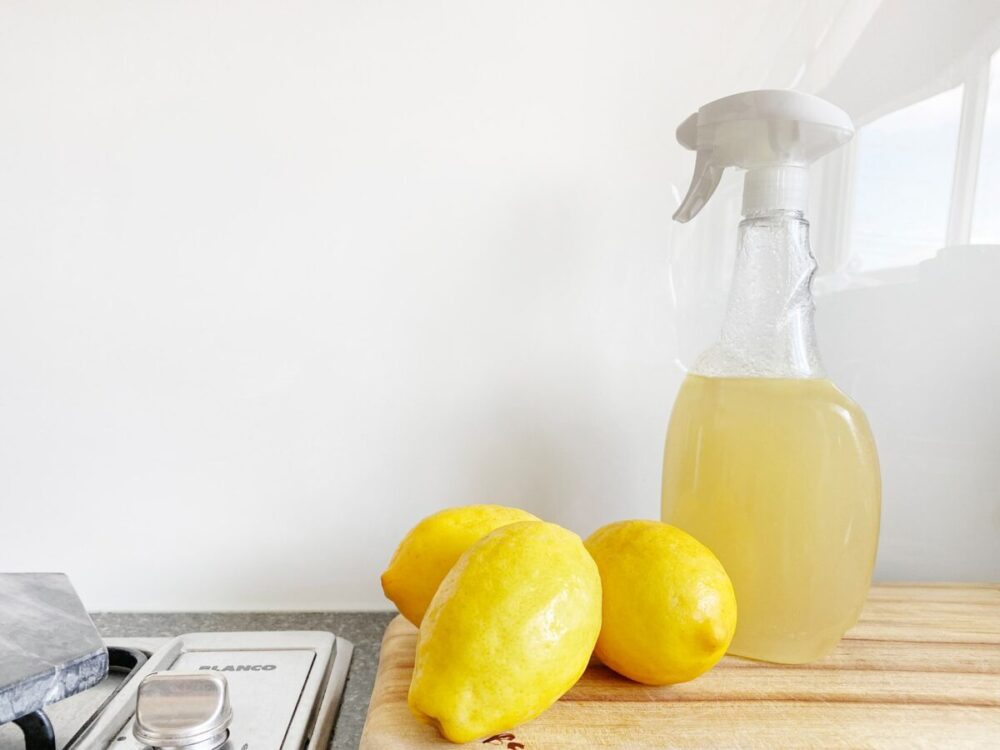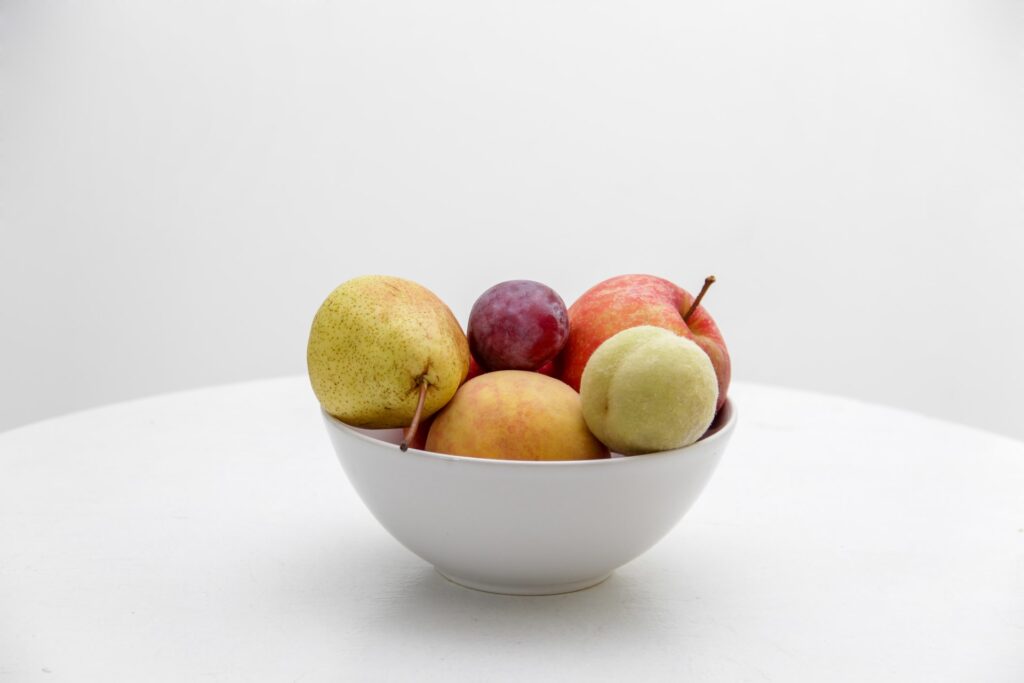Cleaning is something we all must do to maintain a pleasant home or work environment and with so many products on the market, we often find that the shelves and cupboards in our homes are full of expensive and unnecessary items. This does not need to be the case, we can achieve a more sustainable lifestyle for ourselves and future generations.
Here are some tips to help you achieve the rewarding experience of a trend that is fast becoming extremely popular, hopefully helping to save the planet and your hard-earned money.
These tips are also beneficial to your friends and neighbors and for more information on zero waste cleaning visit online At Puratium.
Simple examples of home cleaning
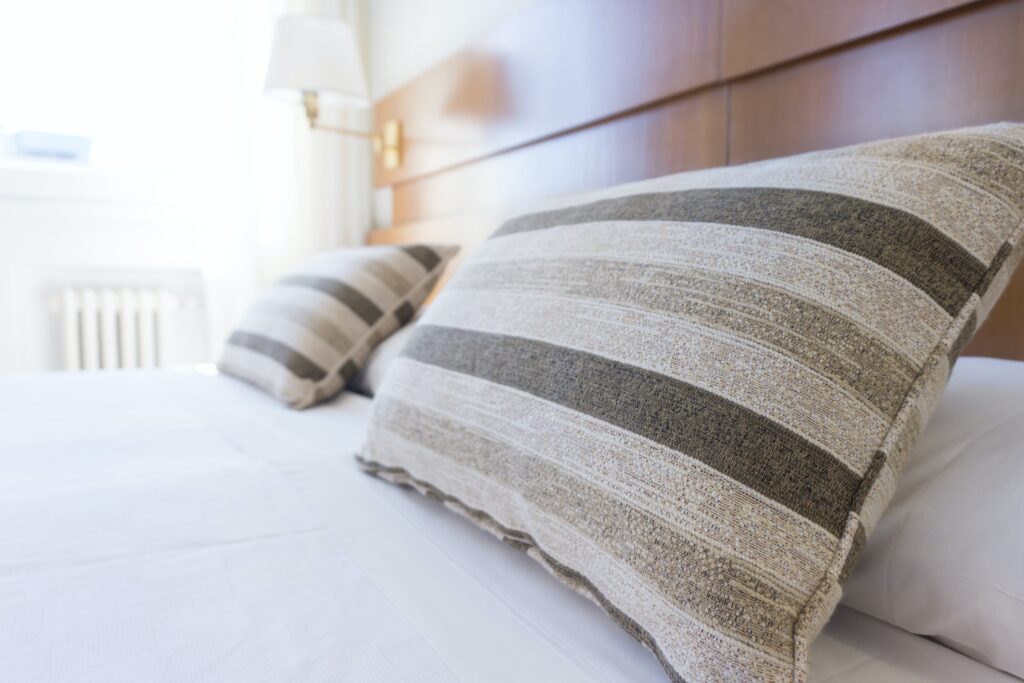
Image source: unsplash.com
Many high street stores do now employ the use of reusable shopping bags which reduce our use of plastic bags and avoid the unnecessary disposal of over 100 billion bags in the United States alone and globally an estimated 500 billion many of which end up in landfill or the oceans and with the average time of degrading of 500 or more years.
Alternatives that are included are recycled papers, hemp, hessian, and cotton bags which can be used hundreds of times. The next time you go to the store or market remember your reusable bags.
You may be surprised to learn there are many products already in your home that will further reduce wasteful products that can achieve equal or better results.
Kitchen, glass, tables, work surfaces
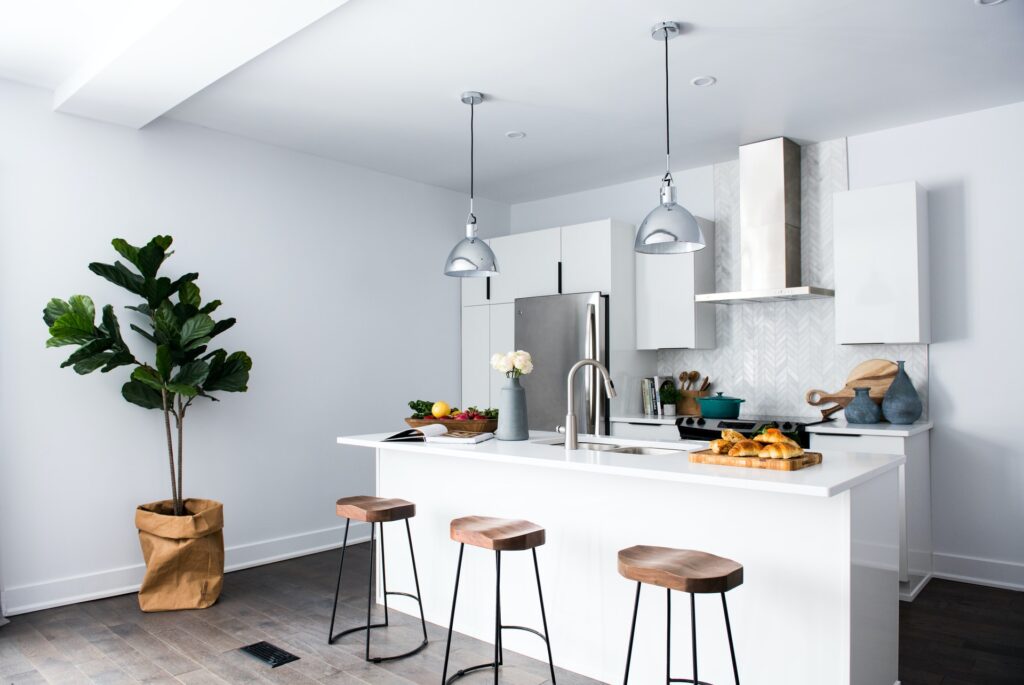
Image source: unsplash.com
Most homes have multiple cleaning products that can be replaced simply with equal part water and regular household vinegar, yes it’s that simple from cleaning windows, kitchen surfaces to almost anything. A cheap and waste-free alternative, try it and you will be amazed by the results.
Simple ways to clean home bathrooms

Image source: unsplash.com
Bathrooms are often one of the most challenging parts of the home or place of work to clean but an alternative to the store-bought products can already be found in most homes and is very simple to apply with fantastic results. All you need is the following items:
- baking soda approximately ½ cup
- salt ¼ cup (note only use non-iodized)
- washing soda ¼ cup
Mix well in a bowl or larger container and apply with a cloth for a sparkling and clean bathroom.
Zero waste practices for food items
Many of us regularly throw away food after cleaning cupboards, fridge or freezer which of course includes packaging and there are many alternatives to this practice, here are some suggestions.
Try not to over shop only buy what you believe you will need but if you have and the expiration date is approaching try to be creative in the kitchen, mix ingredients and you will be surprised by the wonderful dishes that you can create.
We see today in society many who are struggling to provide food for themselves or their family so by donating your waste to food banks, homeless shelters, or friends and neighbors you will be reducing the waste and help provide to the community.
Today we are now enjoying the benefits of a healthy diet. Farmer’s markets are a great way to improve your health and reduce waste. Many towns and cities have daily or weekly markets that are pleasant ways to shop for great fresh and often cheap produce and with no waste, just remember to use your reusable bags or a wicker/bamboo basket.
Alternative to throwing away used clothes
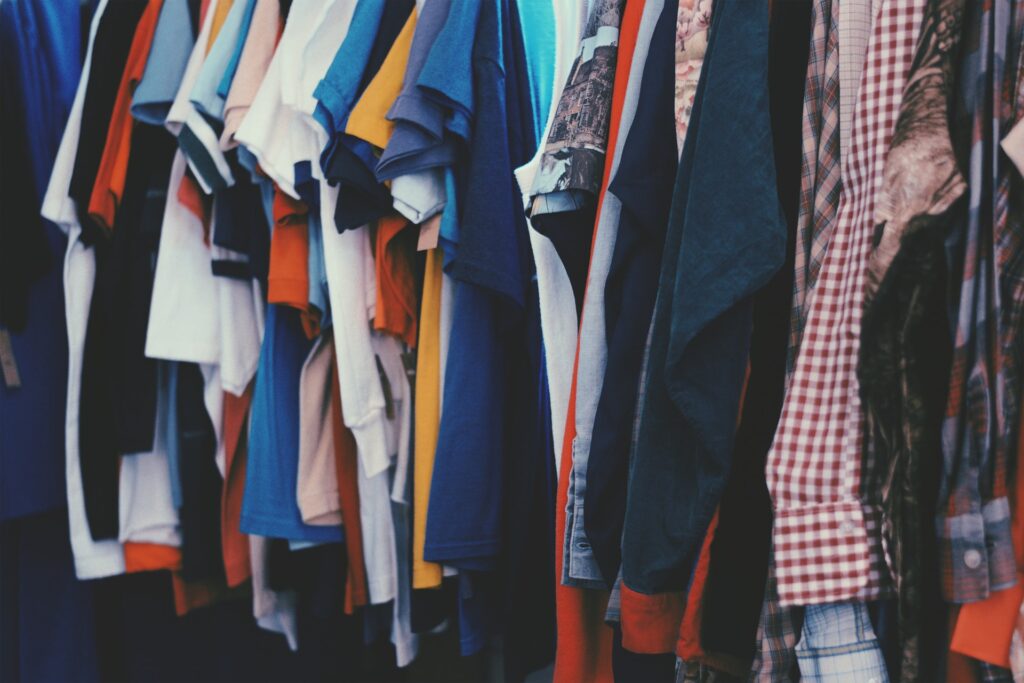
Image source: unsplash.com
Each year we throw out a vast amount of clothes and garments. Sometimes it’s just because we no longer like them or because of new trends, fashion expectations, children outgrowing them, and wear and tear but there are alternatives.
The first place to look is for any local charitable organization where our contribution will be greatly accepted. In recent polls it shows most people would be willing to drive 30 minutes or more to a charity or clothes bank, every bit helps.
Children as we know grow out of their clothes at an alarming pace. Instead of discarding them ask any friends or neighbors who may well be grateful for your unwanted items.
Another practical option is to tear or cut up old clothes and use them for cleaning purposes in the household or garage utilizing them as rags or cloths.
These are just some of the examples to achieve a zero-waste household or working environment. All of this is beneficial to yourself, the community, and the environment of which we are all part.
It’s easier than you think and most of all rewarding.

